Email: [email protected]

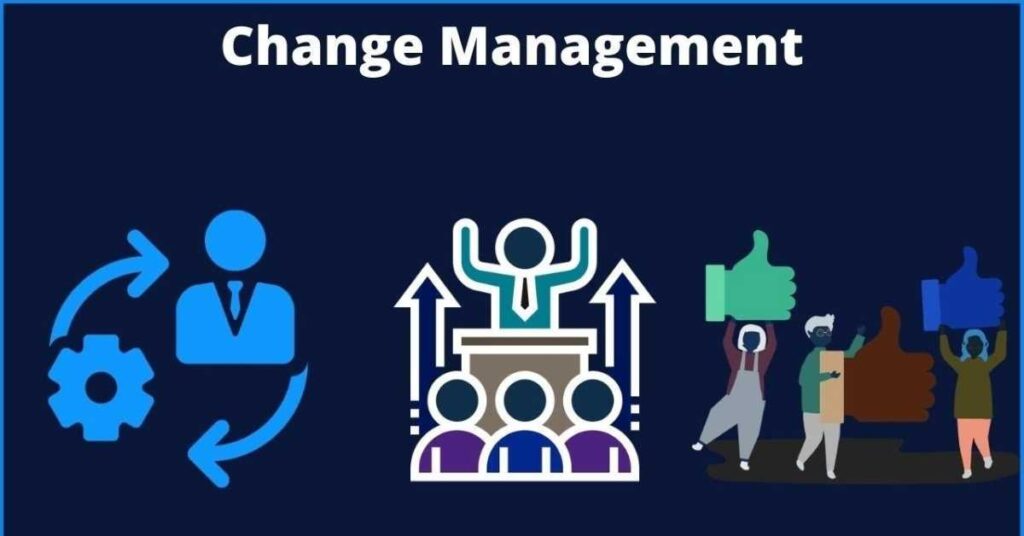
Effective change management is the cornerstone of successful process improvement initiatives, enabling organizations to achieve operational excellence, improve efficiency, and drive business growth in today’s competitive market landscape. As companies strive to stay ahead of the curve, process improvement has become a top priority, with many turning to Lean, Six Sigma, and Agile methodologies to optimize workflows and enhance productivity.
However, process improvement initiatives can often be met with resistance, making change management a critical component of success. By implementing effective change management strategies, organizations can minimize disruption, ensure a smooth transition, and achieve sustainable results.
In this article, we’ll explore key strategies for managing change, including communication, stakeholder engagement, cultural transformation, leadership buy-in, employee training, and continuous improvement, providing insights and tools for business leaders, operations managers, and process improvement specialists to achieve operational excellence and drive business success through effective change management and process optimization.
Identifying the need for change is the first step in process improvement, requiring a thorough analysis of existing processes, data gathering, and stakeholder engagement to understand pain points, bottlenecks, and opportunities for growth. Conduct process mapping, workflow analysis, and performance metrics evaluation to pinpoint areas for improvement. Engage with employees, customers, and suppliers to gather insights and feedback. Utilize tools like SWOT analysis, gap analysis, and benchmarking to identify best practices and areas for optimization.
By understanding the need for change, organizations can develop targeted strategies for process optimization, workflow automation, and operational excellence, driving business growth, improving efficiency, and enhancing customer satisfaction. Effective change management begins with a clear understanding of the need for change, enabling organizations to prioritize initiatives and achieve sustainable results.
Developing a compelling business case for change is crucial for securing leadership buy-in and driving successful process improvement initiatives. Clearly articulate the benefits of change, including cost savings, productivity gains, and enhanced customer experience. Quantify the return on investment (ROI) and impact on stakeholders, using data and metrics to build a persuasive argument. Identify key performance indicators (KPIs) to measure success and track progress.
Establish a clear vision for change, aligned with organizational goals and objectives. Secure leadership buy-in by presenting a comprehensive business case, addressing potential risks and mitigation strategies. Engage stakeholders throughout the process, ensuring their needs and concerns are addressed. A strong business case serves as the foundation for successful change management, enabling organizations to achieve operational excellence, drive business growth, and sustain long-term results.
Clear and transparent communication is the backbone of successful change management, enabling organizations to navigate complex transitions and achieve operational excellence. Develop a comprehensive communication plan, outlining key messages, channels, and timelines. Engage stakeholders throughout the process, soliciting feedback and addressing concerns. Provide training and support to equip employees with the skills and knowledge needed to adapt to change. Leverage various communication channels, including town hall meetings, workshops, and digital platforms, to reach diverse audiences.
Ensure consistent messaging, using clear and simple language to avoid confusion. Address resistance to change by acknowledging emotions and concerns, and fostering a culture of open dialogue. By implementing effective communication strategies, organizations can minimize disruption, build trust, and ensure a smooth transition, ultimately driving business success and sustainability.
Click on the next page button to continue enjoying the article!

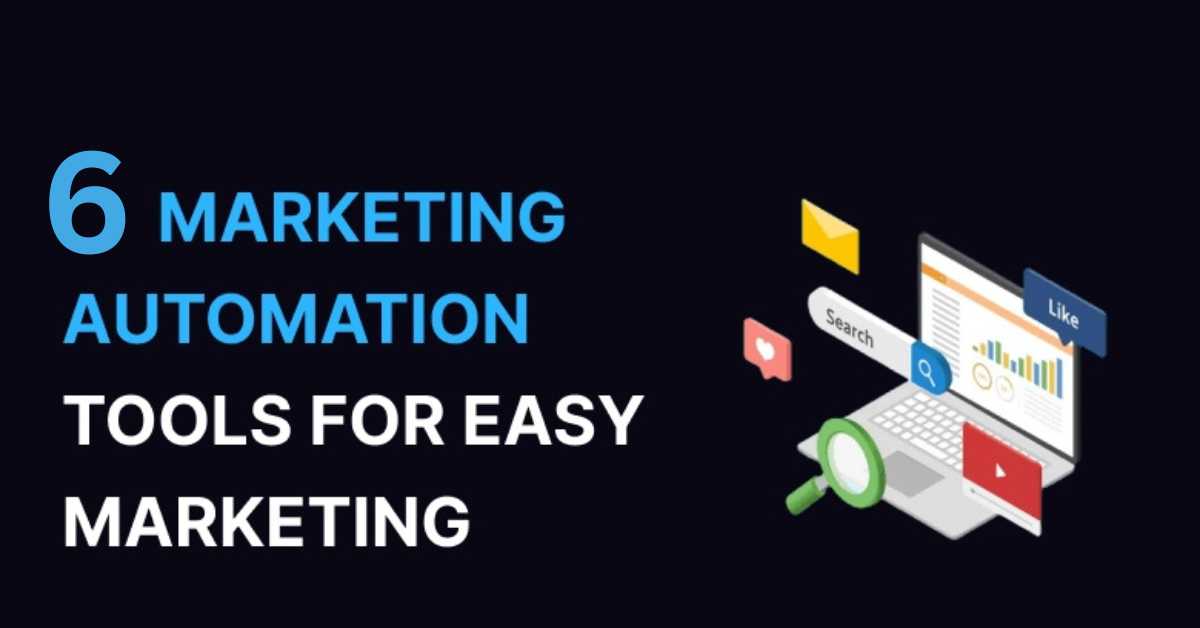
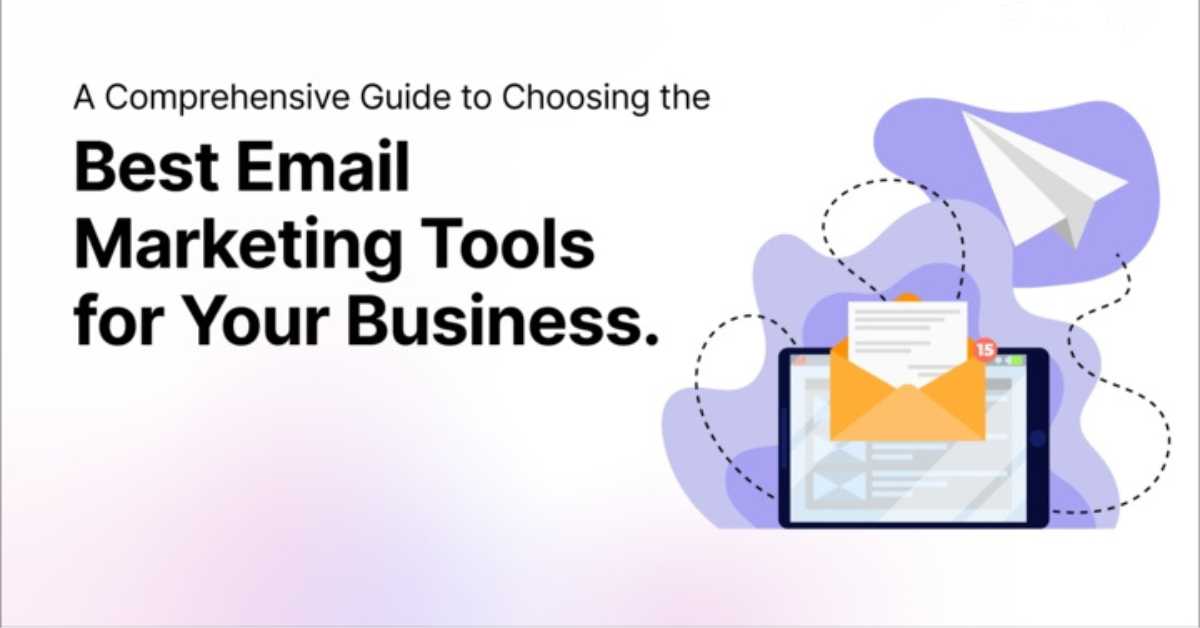



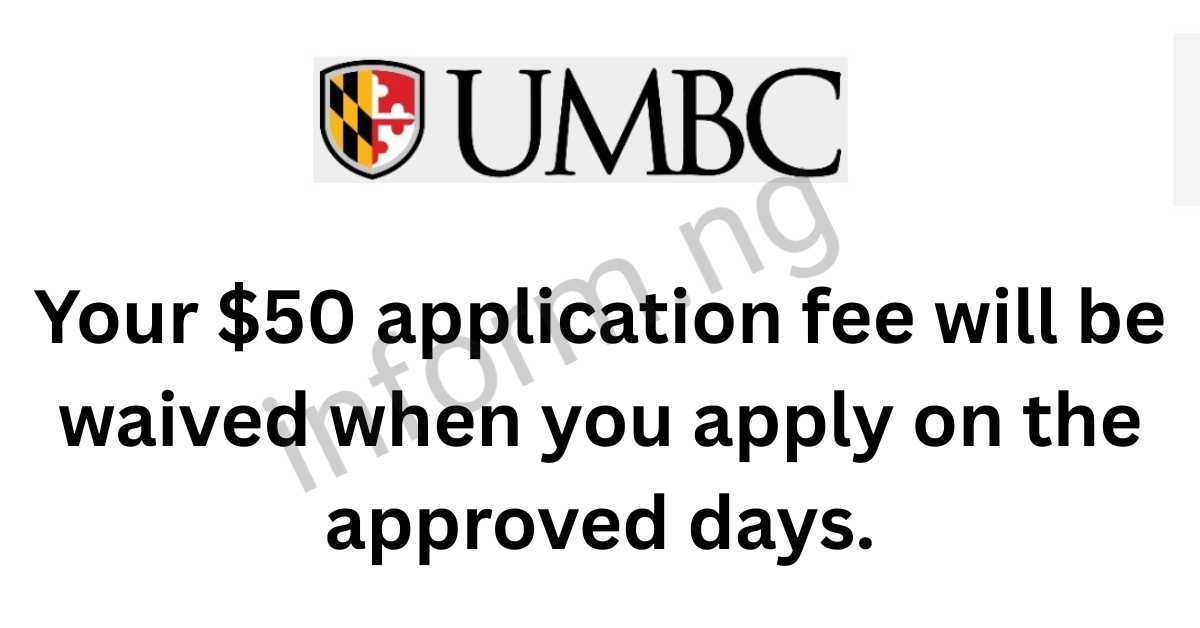

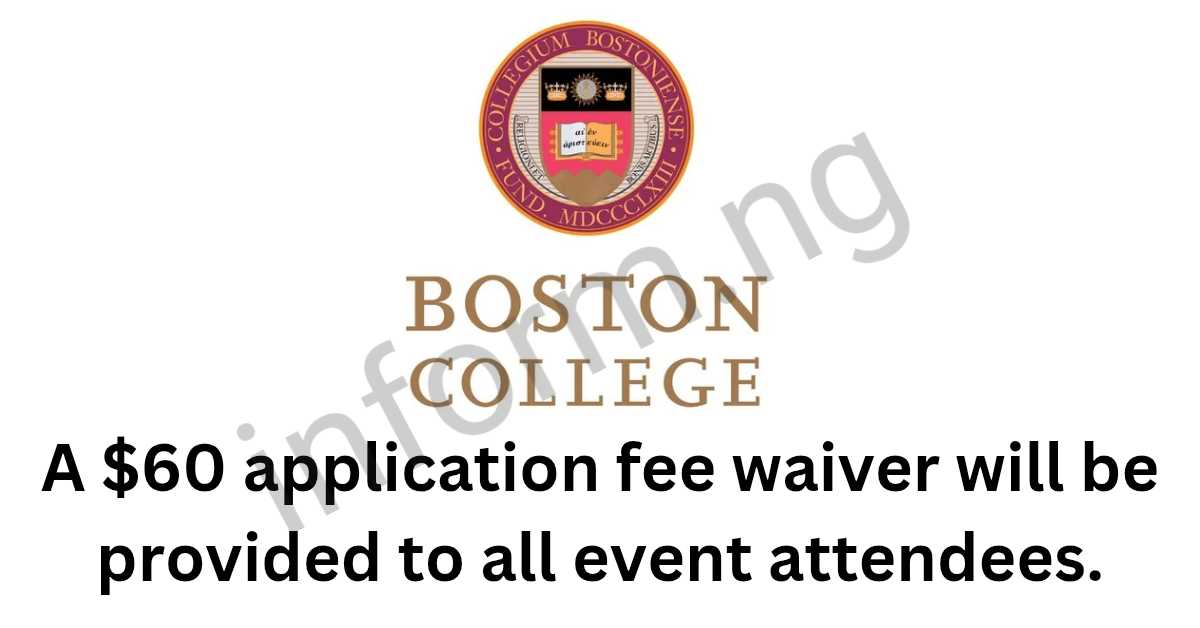



To provide the best experiences, we and our partners use technologies like cookies to store and/or access device information. Consenting to these technologies will allow us and our partners to process personal data such as browsing behavior or unique IDs on this site and show (non-) personalized ads. Not consenting or withdrawing consent, may adversely affect certain features and functions.
Click below to consent to the above or make granular choices. Your choices will be applied to this site only. You can change your settings at any time, including withdrawing your consent, by using the toggles on the Cookie Policy, or by clicking on the manage consent button at the bottom of the screen.
